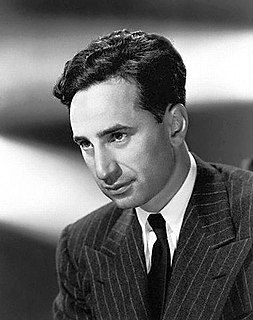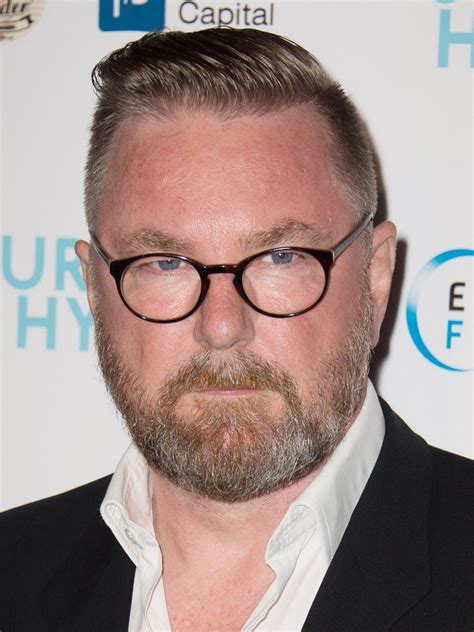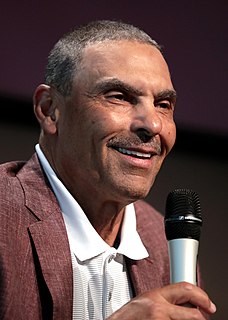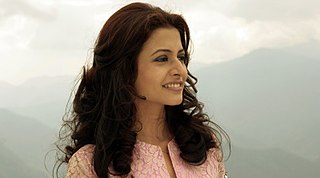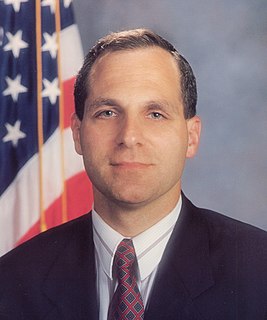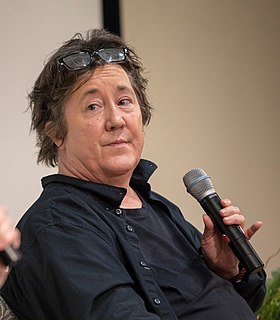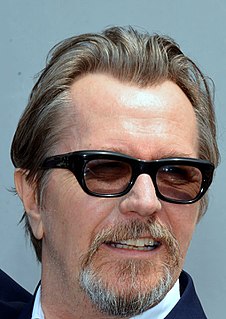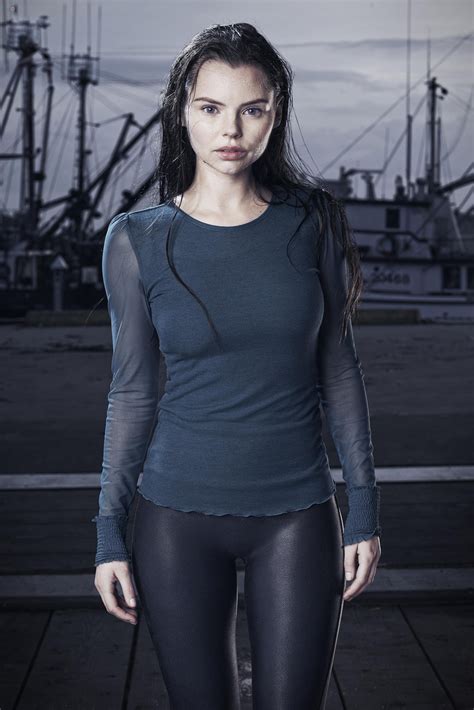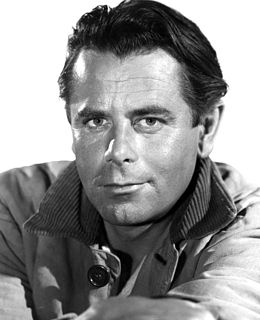A Quote by Elia Kazan
A good director's not sure when he gets on the set what he's going to do.
Related Quotes
I think the whole nostalgia for the forty year gap for [Sylvester] Stallone was bigger than the movie [Creed], but it's good because the movie still gets recognized with Stallone's involvement. I'm sure the director [Ryan Coogler] is still proud of his film, but it's very hard to nominate a director.
When it gets going bad and it gets going to where all these things are happening around you, the thing that stands out most is your character. You have to make sure you keep your character and your wits about you, because at the end of the day, it might be bad for a little while, but if you're a good coach it all works out.
I think one of the things you have to be aware of as an actor is that if you come on the set and see the director standing there mouthing all the words while a scene is going on, that's usually a very bad sign because it means the director has already shot the scene in his head. He knows exactly the rhythm and the nuances that he wants delivered in the line and you're not going to dissuade him.
I kind of joke with myself that you shouldn't be able to be a creative producer if you weren't a first AD. Because it is such fantastic training for really understanding what everyone does, and how the movie actually gets made. You have to know if you're the first you're kind of the set general, you're at the director's right hand, you know everything about how a director puts a movie together, you know everything about how a movie gets made.
